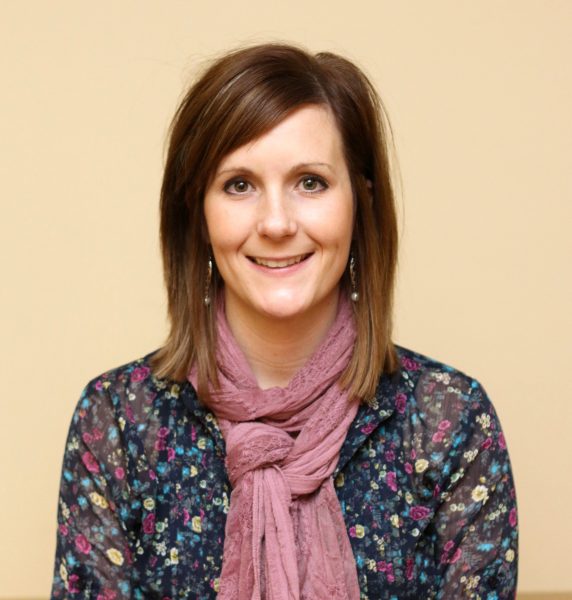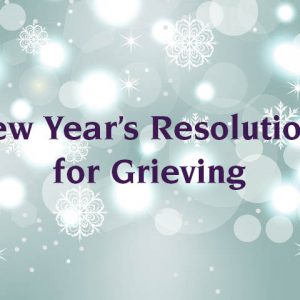 by Heather Larson, LSW, CT
by Heather Larson, LSW, CT
When it comes to grief, we often think of the loving relationship we had with the person who died, and the deep sadness and longing we feel when they are gone.
But what happens when the relationship was not so good? What happens when we don’t feel sad or long for the person who has died, but instead feel nothing or a sense of relief?
Grief is a companion to loss, and it’s experienced in a variety of forms. One may feel they are not grieving or don’t have a right to grieve a complicated relationship. This is not the case. You have a right to grieve even if the relationship was difficult. Your grief may feel confusing and as complicated as the relationship that was lost.
If the relationship with the person involved both good and difficult times, the survivor may experience a range of emotions, including sadness, relief, numbness or even gratefulness. Complex feelings, such as anger, disdain and guilt, may also surface for you.
All these grief reactions are natural and have their place in the healing process. It’s important to acknowledge them and allow yourself to feel all the emotions. Consider the reality of the situation and the factors you could and couldn’t control in your relationship. If the person who died hurt you, relief may be the natural reaction to their death. At times, the feeling of relief leads to feelings of guilt. Feeling relieved after someone has died doesn’t mean you’re a bad person; it means that bad things have happened within your relationship. Give yourself permission to feel all of the emotions. Often, this is what is needed and will help begin the healing process.
 When grief is complicated by our relationship with the person who died, forgiveness can be an important component to one’s grief. We don’t always get the opportunity for forgiveness prior to someone’s death, but that doesn’t mean the chance for forgiveness is lost. Forgiveness is often about bringing peace to our own hearts, and this may be just as, or more important, after the person dies. One way to approach this is to write a letter to the person or go to a place of memorial, like the gravesite or a place unique to the person, and read the letter out loud.
When grief is complicated by our relationship with the person who died, forgiveness can be an important component to one’s grief. We don’t always get the opportunity for forgiveness prior to someone’s death, but that doesn’t mean the chance for forgiveness is lost. Forgiveness is often about bringing peace to our own hearts, and this may be just as, or more important, after the person dies. One way to approach this is to write a letter to the person or go to a place of memorial, like the gravesite or a place unique to the person, and read the letter out loud.
In other circumstances, you might need to communicate something you were unable to say while the person was living. Death can present the opportunity to share these feelings. The process of expressing your emotions even after the person died can be healing.
It’s helpful to find a good outlet to share how you’re feeling, such as a trusted friend, family member or grief professional. You may also consider journaling about your grief experience.
It can be difficult to know how to support a friend or family member who is grieving a complicated relationship. Many sympathy cards may not seem appropriate, and we may feel at a loss for the right words. It may feel easier to just avoid the situation altogether but doing so can leave the bereaved feeling alone and disenfranchised from their grief.
I recently had a close family member who lost someone with whom they had a complicated relationship. We opted to skip the sympathy card. My siblings and I sent the person a bouquet of flowers and a card letting her know we were there for her. You don’t need to have the right words to support someone who is grieving. Simply hearing you care and are there for the grieving person, if needed, can be enough to help them in their grief.
Hospice of the Red River Valley recognizes relationships and grief are unique, and at times, complicated. We provide compassionate support that is respectful to each person’s individual needs and situation.
If you need support, we can help. Contact us at grief@hrrv.org or call (800) 237-4629 and ask to speak to the grief support department.
Click to download and print the Grieving a Complicated Relationship article.
Heather Larson is a grief specialist with Hospice of the Red River Valley.
About Hospice of the Red River Valley
In 1981, Hospice of the Red River Valley was founded on the belief that everyone deserves access to high-quality end-of-life care. We fulfill our nonprofit mission by providing medical, emotional, personal and spiritual care, as well as grief support to our patients, their families and caregivers during a tender time in life. Our staff helps those we serve experience more meaningful moments through exceptional hospice care, 24 hours a day, 365 days a year, wherever a patient calls home. The organization serves more than 40,000 square miles in North Dakota and Minnesota, including in and around Bismarck, Detroit Lakes, Devils Lake, Fargo, Fergus Falls, Grand Forks, Lisbon, Thief River Falls, Valley City and many more communities. Hospice of the Red River Valley offers round-the-clock availability via phone, prompt response times and same-day admissions, including evenings, weekends and holidays. Contact us anytime at 800-237-4629 or hrrv.org.




